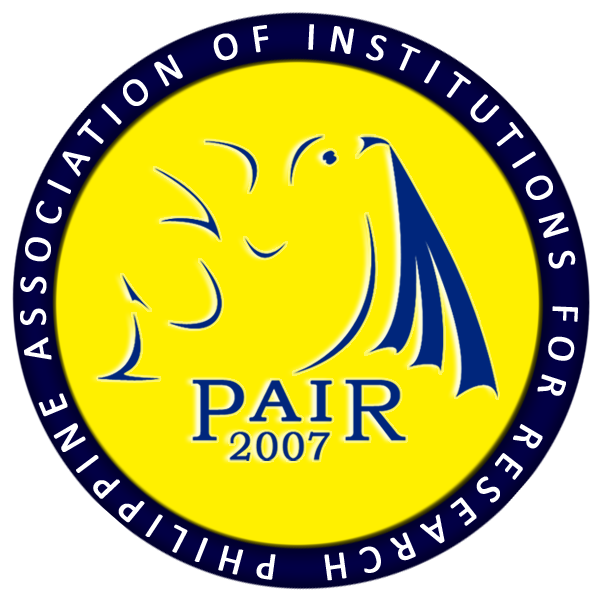Becoming Resilient and Selfless: A Grounded Theory of Service despite the Threats during Pandemic
DOI:
https://doi.org/10.7719/jpair.v43i1.737Keywords:
Social Sciences, Frontliners, Services despite the threats during the pandemic, Grounded Theory, PhilippinesAbstract
Frontliners were referred to the civil workers fighting against the pandemic, which includes the nurses, doctors, and other health workers and allied professionals; Officials and staff of the Inter-Agency Task Force on Emerging and Infectious Diseases (IATF); The uniformed personnel of the Armed Forces of the Philippines (AFP) and the Philippine National Police (PNP); Media; Various Government Agencies, Groceries, Banks, Food Establishments, and Delivery Services who ensure that basic services are provided to the people; Private sectors, Volunteers; and Civil society organizations. The study intends to explore the experiences of these Frontliners in doing their service to people despite the risks and threats to their lives. It used a grounded theory approach to generate themes, and themes emerge from the data drawn from varied situations and contexts to capture and explain the essence of meaning or experience of the Frontliners. As a result, categories and sub-categories had emerged from narratives of experiences of the Frontliners. Becoming resilient and selfless are two larger categories that transpired after all the categories and sub-categories were combined. Resilience and selflessness emerged as important attributes manifested by the Frontliners in doing service despite the pandemic threats.
Downloads
References
Bowen, G. A. (2006). Grounded theory and sensitizing concepts. International journal of qualitative methods, 5(3), 12-23. Retrieved from https://doi.org/10.1177%2F160940690600500304
Downloads
Published
Issue
Section
License
Copyright (c) 2021 Wilter C. Friales

This work is licensed under a Creative Commons Attribution-NonCommercial 4.0 International License.
Open Access. This article published by JPAIR Multidisciplinary Research is licensed under a Creative Commons Attribution-Noncommercial 4.0 International (CC BY-NC 4.0). You are free to share (copy and redistribute the material in any medium or format) and adapt (remix, transform, and build upon the material). Under the following terms, you must give appropriate credit, provide a link to the license, and indicate if changes were made. You may do so in any reasonable manner, but not in any way that suggests the licensor endorses you or your use. You may not use the material for commercial purposes.




















